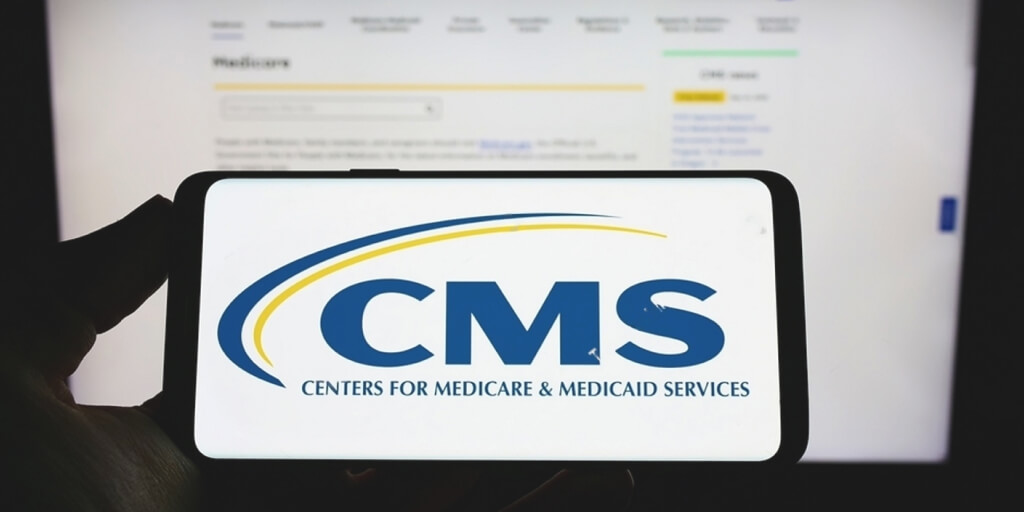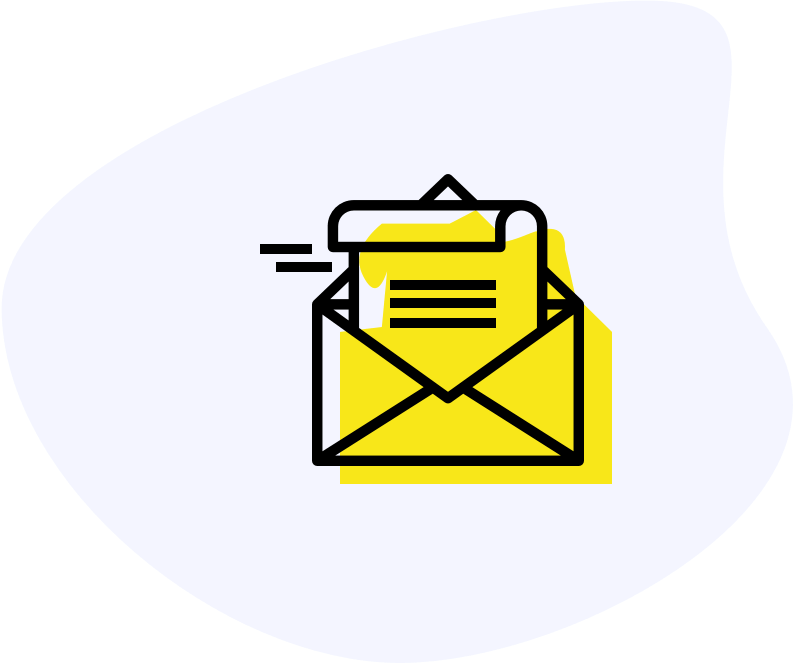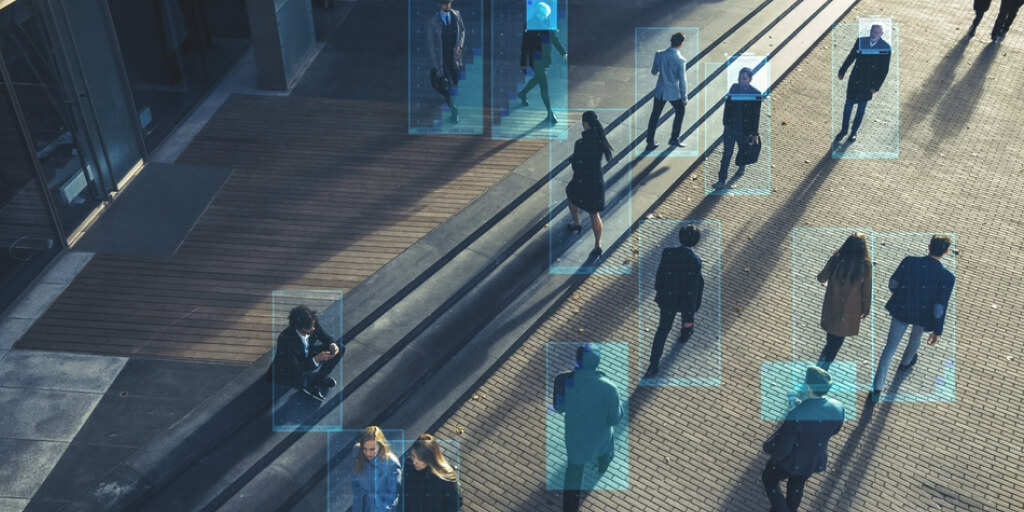In today’s digital age, technology has become an indispensable part of our lives, revolutionizing the way we work, communicate, and access vital services. However, one area that has often lagged behind in terms of technological innovation is the realm of government agencies and public services, particularly those related to healthcare. The Centers for Medicare & Medicaid Services (CMS), a federal agency responsible for administering critical healthcare programs that millions of Americans rely on, has long faced challenges in making complex information and processes accessible to a diverse population with varying levels of technical proficiency.
The Barriers to Healthcare Access
Navigating the intricate web of eligibility requirements, benefit structures, and application procedures can be an overwhelming and frustrating experience for many individuals. The dense policy documents, convoluted website navigation, and lack of personalized guidance have created barriers that prevent many from fully understanding and accessing the healthcare services they need and are entitled to.
The Promise of AI and ChatGPT
However, the advent of advanced artificial intelligence (AI) technologies, specifically large language models (LLMs) like ChatGPT, presents an unprecedented opportunity to revolutionize the user experience within CMS, ushering in a new era of accessibility, personalization, and empowerment.
- The Power of Natural Language Processing
At the core of this transformation lies the power of natural language processing (NLP), a branch of AI that enables machines to understand, interpret, and generate human-like language. LLMs like ChatGPT are trained on vast amounts of data, allowing them to engage in contextual and nuanced conversations, answer complex queries, and provide tailored information and guidance. This capability opens up a world of possibilities for enhancing the CMS user experience.
Envisioning the Future of CMS User Experience

Imagine a future where navigating the CMS ecosystem is as simple as having a conversational dialogue with a knowledgeable virtual assistant powered by ChatGPT. Instead of sifting through dense policy documents or navigating labyrinthine websites, individuals could simply pose their questions or concerns in plain language, and receive clear, concise, and personalized responses tailored to their unique circumstances.
Empowering Users and Reducing Barriers
This level of personalized interaction could significantly reduce the barriers to accessing vital healthcare information and services, empowering individuals to make informed decisions about their coverage options and ensuring that no one falls through the cracks due to confusion or lack of understanding.
Seamless Integration Across Touchpoints
But the potential applications of LLMs and ChatGPT in the CMS user experience extend far beyond simple question answering. These AI assistants could be integrated into various touchpoints, such as:
- Online portals
- Mobile applications
- Call centers
…creating a seamless and consistent experience across multiple channels.
- Enhancing Accessibility and Inclusivity
Moreover, LLMs and ChatGPT could play a pivotal role in improving accessibility for individuals with disabilities or language barriers. By leveraging advanced NLP capabilities, these AI assistants could communicate in multiple languages, ensuring that non-English speakers have equal access to vital healthcare information and services. Additionally, they could be designed to accommodate various accessibility needs, such as providing audio or visual aids.
Operational Efficiencies and Cost Savings
The integration of LLMs and ChatGPT into the CMS user experience could also yield significant operational efficiencies and cost savings. By automating routine tasks and queries, AI assistants could alleviate the workload on human customer service representatives, allowing them to focus on more complex cases and strategic initiatives.
Addressing Privacy, Security, and Ethical Concerns
Of course, adopting AI like LLMs and ChatGPT in healthcare services requires carefully addressing privacy, security, and ethical concerns to ensure responsible and trustworthy deployment.
- Prioritizing Data Protection
Protecting users’ personal and medical information must be prioritized. LLMs and ChatGPT must have robust security measures and strict data governance protocols to safeguard sensitive data.
- Ensuring Transparency and Explainability
Transparency and explainability should be at the forefront. Users should understand how the AI operates, what data it uses, and how decisions are made to foster trust and allow auditing for biases.
- Complementing Human Expertise
Integration should complement and enhance human expertise, not replace it. While AI can automate tasks and guidance, human professionals will still be needed for complex cases requiring nuanced judgment.
A Collaborative and Multidisciplinary Approach
To address these challenges and ensure the responsible deployment of AI within CMS, a collaborative and multidisciplinary approach is essential. It will require close coordination between:
- Technology experts
- Healthcare professionals
- Policymakers
- Community stakeholders
…to develop comprehensive frameworks and guidelines that prioritize user privacy, data security, ethical principles, and the overall well-being of the populations served.
Establishing an AI Ethics Board
One potential approach could involve the establishment of a dedicated AI ethics board or advisory committee within CMS. This group, comprising experts from various fields, including technology, healthcare, law, and ethics, would be responsible for overseeing the development and implementation of AI systems, ensuring they align with established ethical principles and best practices.
- Continuous Improvement Through User Feedback
Additionally, ongoing user testing and feedback loops should be incorporated into the development process, allowing for continuous refinement and improvement of the AI assistants based on real-world experiences and evolving user needs.
Realizing the Benefits of AI in Healthcare
Despite the challenges, the potential benefits of leveraging LLMs like ChatGPT to enhance the CMS user experience are too significant to ignore. By harnessing the power of advanced AI technologies, we have the opportunity to create a more user-friendly, accessible, and equitable healthcare landscape.
A Vision of Accessible and Personalized Healthcare
Imagine a world where navigating Medicare and Medicaid is as simple as having a conversation, where language barriers and disabilities are no longer obstacles, and where personalized guidance and support are available to all, regardless of their background or technical proficiency.
The Imperative of Ethical and Collaborative Approach
The journey towards this future will undoubtedly require a concerted effort from all stakeholders, but the rewards – improved healthcare access, better outcomes, and a more empowered and informed population – make it a pursuit well worth undertaking.
As we stand on the precipice of this technological revolution, it is imperative that we approach it with:
- A spirit of collaboration
- Ethical responsibility
- An unwavering commitment to putting the needs and well-being of people first
By working together, leveraging the expertise of diverse stakeholders, and continuously refining and adapting our approach, we can harness the transformative potential of AI to create a future where the power of technology is harnessed to uplift and empower, leaving no one behind in the pursuit of better healthcare for all.
Fostering Cross-Sector Collaboration
Collaborating across disciplines and sectors will be crucial in this endeavor. Technology companies, AI researchers, healthcare providers, patient advocacy groups, and government agencies must join forces to co-create solutions that address the unique challenges and needs of various user groups. By fostering an environment of open dialogue, knowledge-sharing, and collective problem-solving, we can develop AI systems that are truly inclusive, accessible, and user-centric.
Bridging the Digital Divide
- Furthermore, ongoing education and digital literacy initiatives will be essential to ensure that individuals from all backgrounds can effectively navigate and utilize the AI-powered CMS user experience. Training programs, user-friendly tutorials, and community outreach efforts can help bridge the digital divide and empower users to take an active role in managing their healthcare journey.
A Commitment to Continuous Improvement
Importantly, the integration of LLMs and ChatGPT into the CMS ecosystem should not be viewed as a one-time solution, but rather as an iterative process of continuous improvement and adaptation. As technology advances and user needs evolve, the AI assistants must be capable of learning, growing, and adapting to new challenges and contexts.
- Leveraging Machine Learning for Refinement
This iterative approach could involve leveraging machine learning techniques to analyze user interactions and feedback, identifying areas for improvement and fine-tuning the AI’s capabilities over time.
- Staying Current with Healthcare Policies
Additionally, regular updates and expansions of the knowledge base underpinning the LLM could ensure that the virtual assistants remain current and accurate in their understanding of healthcare policies, regulations, and best practices.
- Expanding Applications and Integration
Moreover, as AI capabilities continue to advance, the potential applications within the CMS user experience could expand even further. For instance, future AI systems could potentially integrate with wearable devices or smart home technologies, enabling real-time monitoring and personalized health recommendations tailored to an individual’s unique circumstances and lifestyle.
Driving Interdisciplinary Research and Innovation
The integration of LLMs and ChatGPT into the CMS ecosystem also presents exciting opportunities for interdisciplinary research and innovation. By studying the interactions between humans and AI assistants in the context of healthcare, researchers could gain valuable insights into areas such as human-computer interaction, natural language processing, and the social implications of AI adoption.
These insights could not only inform the continued development and refinement of AI systems within CMS but also contribute to the broader advancement of AI technologies and their responsible deployment across various domains.
Shaping the Future of Accessible Healthcare
As we look towards the future, it’s clear that the potential of LLMs and ChatGPT to transform the CMS user experience is vast and far-reaching. However, realizing this potential will require:
- A steadfast commitment to ethical principles
- User-centric design
- Continuous collaboration among diverse stakeholders
By embracing these values and approaching the integration of AI with a spirit of innovation, empathy, and a deep understanding of the human experience, we can create a healthcare system that is truly accessible, personalized, and empowering for all.
Envisioning a Seamless and Intuitive Healthcare Journey
Imagine a world where accessing healthcare information and services is no longer a daunting task, but rather a seamless and intuitive experience, tailored to each individual’s unique needs and circumstances. A world where language barriers, disabilities, and technological proficiency are no longer barriers to receiving the care and support one needs.
A Shared Commitment to the Greater Good
As we embark on this transformative journey, let us do so with a shared sense of purpose and an unwavering commitment to harnessing the power of technology for the greater good of humanity. For it is only through collective effort, ethical responsibility, and a deep empathy for the human experience that we can truly revolutionize the CMS user experience and pave the way for a brighter, more accessible future in healthcare.
Paving the Way for Improved Health Outcomes
The path ahead will undoubtedly be challenging, but the potential rewards are immense. By leveraging the capabilities of LLMs like ChatGPT, we have the opportunity to:
- Empower individuals from all walks of life to take an active role in their healthcare journey, fostering a more informed and engaged patient population.
- Reduce healthcare disparities and ensure equitable access to vital services, regardless of an individual’s language, disability, or socioeconomic status.
- Streamline processes and improve operational efficiencies within CMS, freeing up valuable resources that can be redirected towards improving patient care and outcomes.
- Foster a culture of continuous improvement and innovation within the healthcare sector, encouraging interdisciplinary collaboration and the development of cutting-edge solutions.
- Ultimately, improve the overall quality of life for millions of Americans by ensuring they have access to the healthcare services and support they need, when they need it.
A Call for Vigilance and Adaptability
However, it’s important to recognize that the integration of AI into the CMS ecosystem is not a panacea – it is a powerful tool that must be wielded with care, foresight, and a deep understanding of its limitations and potential consequences.
As we move forward, ongoing monitoring, evaluation, and course correction will be essential. We must remain vigilant in identifying and addressing any unintended biases or adverse impacts that may arise, and be willing to adapt and refine our approach as needed.
Preserving the Human Touch in Healthcare
Additionally, while the focus of this article has been on the transformative potential of AI within CMS, it’s crucial to acknowledge that this technology is not a replacement for human expertise, empathy, and compassion – particularly in the realm of healthcare.
The role of healthcare professionals, caregivers, and support networks will remain invaluable, and the integration of AI should be seen as a complementary tool to enhance, rather than replace, these vital human connections.
Measuring Success Through Real-World Impact
Ultimately, the true success of this endeavor will be measured not only by the technological advancements achieved but also by the real-world impact on the lives of individuals and communities. It is our collective responsibility to ensure that the benefits of this technology are widely and equitably distributed, leaving no one behind in the pursuit of better healthcare for all.
Embracing the Challenge with Hope and Determination
As we forge ahead, let us do so with a sense of hope, a commitment to ethical responsibility, and an unwavering belief in the power of human ingenuity and collaboration to shape a better future.
For in the end, it is not the technology itself that will transform the world, but the way we choose to wield it – with empathy, wisdom, and an unwavering dedication to the greater good of humanity.
So let us embrace this challenge, let us harness the power of LLMs and ChatGPT, and let us create a healthcare system that is truly accessible, personalized, and empowering for all.






